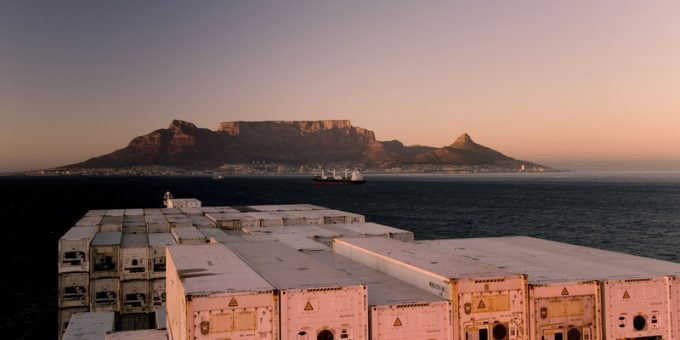Shippers struggle to find capacity amid growing shortage of reefers
US perishables exporters say they are struggling to secure enough temperature-controlled containers and trucks and ...

Buoyant reefer trades could provide an opening for niche players to challenge the major container lines.
Refrigerated markets have proved more resilient to the pandemic and economic downturn than other cargo types, according to Greg Tuthill, senior VP of SeaCube Containers.
“Population growth and urbanisation continues to demand more food from different regions,” he told the Cool Logistics Global conference last week.
Annual growth in reefer container shipping could reach 4-6% through to 2024, Mr Tuthill predicted, “irrespective of how we recover from ...
Asia-USEC shippers to lose 42% capacity in a surge of blanked sailings
USTR fees will lead to 'complete destabilisation' of container shipping alliances
Outlook for container shipping 'more uncertain now than at the onset of Covid'
New USTR port fees threaten shipping and global supply chains, says Cosco
Transpac container service closures mount
DHL Express suspends non-de minimis B2C parcels to US consumers
Zim ordered to pay Samsung $3.7m for 'wrongful' D&D charges
Flexport lawsuit an 'undifferentiated mass of gibberish', claims Freightmate
Uncertainty over US tariffs sparks interest in bonded warehouses for imports
Cancelled voyages take the sting out of spot rate declines this week
Shippers warned: don't under-value US exports to avoid tariffs – 'CBP will catch you'
Blanked sailings in response to falling demand 'just a stop-gap solution'

Comment on this article